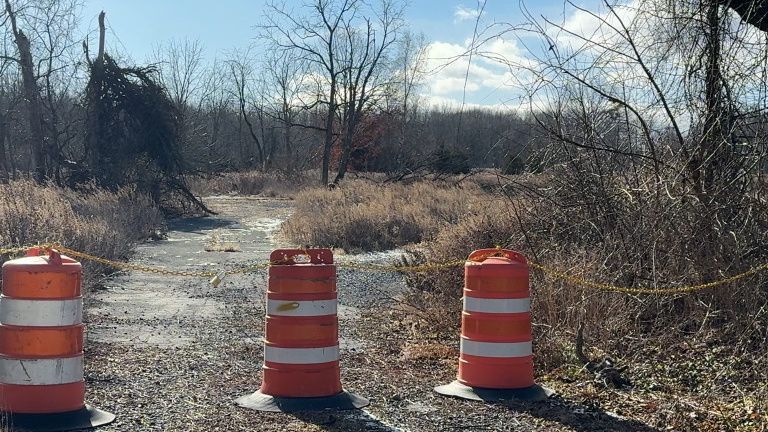“It’s quite clear that Governor Cuomo enacted this legislation to shut us up and get us off the streets without intending to have a true and honest dialogue,” said Luisa Fuentes, a local attorney.
She, along with fellow attorney Michael Sussman, authored a letter to Cuomo. They, along with 311 others who signed it, are calling for the April 1 deadline for Executive Order 203 to be extended.
“I wrote this letter with Luisa Fuentes because many of us around the region felt that communities were not doing justice to the intent of this, nor to it’s spirit, and that in fact, in the end, this would boomerang and create more anger," Sussman said.
The order was signed by Cuomo in the wake of the Black Lives Matter protests last summer. It mandates that police departments in every municipality in the state come up with a list of reforms they plan to implement, or lose state and federal funding.
Sussman says some aren’t taking it seriously.
“The municipal leaders that I’ve spoken with, and I’ve spoken with a number, believe that what this is, is a box to check," Sussman said. "They believe that all they need to do is submit something. Nobody’s even going to review it. It’s going to sit on a shelf, and that’s going to be the end of it, which itself is deplorable, frankly.”
What You Need To Know
- Executive Order 203 mandates that all municipal police departments must adopt a plan to reform practices or lose state and federal funding
- Attorneys Michael Sussman and Luisa Fuentes are calling for an extension of the April 1 deadline
- They cite statewide issues with Executive Order 203 boards, including lack of involvement from people of color and boards that refuse to address systemic racism
Sussman and Fuentes cite a variety of issues with Executive Order 203 boards across the state, including those absent of people of color, having members that don’t represent their community, or having used very little evidence-based data on police brutality.
They said some didn’t even want to accept that racism played a part in the signing of this order.
“The fact that committees couldn’t even use the “R word” to have an open and honest discussion is ludicrous," Fuentes said. And she adds that there is confusion about who, on the state level, will accept and approve these reviews sent from municipalities.
“It’s supposed to be the department of the budget, the comptroller.” But when we reached out to the comptroller's office, a spokesperson said, “It doesn’t appear that the office of the state comptroller has responsibilities under Executive Order 203.” They added, “The executive order also doesn’t appear to contain an explicit directive related to the collection and checking of reports.”
In a statement, the governor's office said that the New York State Division of Criminal Justice Services "has been proactively reaching out to law enforcement leadership across the state to help support them...in achieving the goals of the executive order." And that the "division of the budget will review that municipalities have, in fact, complied with the law."
But with some confusion over what branches of state government will review and approve these plans, Fuentes says its representative of its problems.
“Even the government doesn’t know what one hand is doing versus the other. And that just shows how farcical and performative this legislation really was.”
Fuentes admits she’s not optimistic that real change to combat systemic racism in policing will come. But she still hopes that the state will do something on or after April 1 to continue this discussion.
“Now that you have these committees, or change these committees, but you must have continue to have this open dialogue with the community.”








